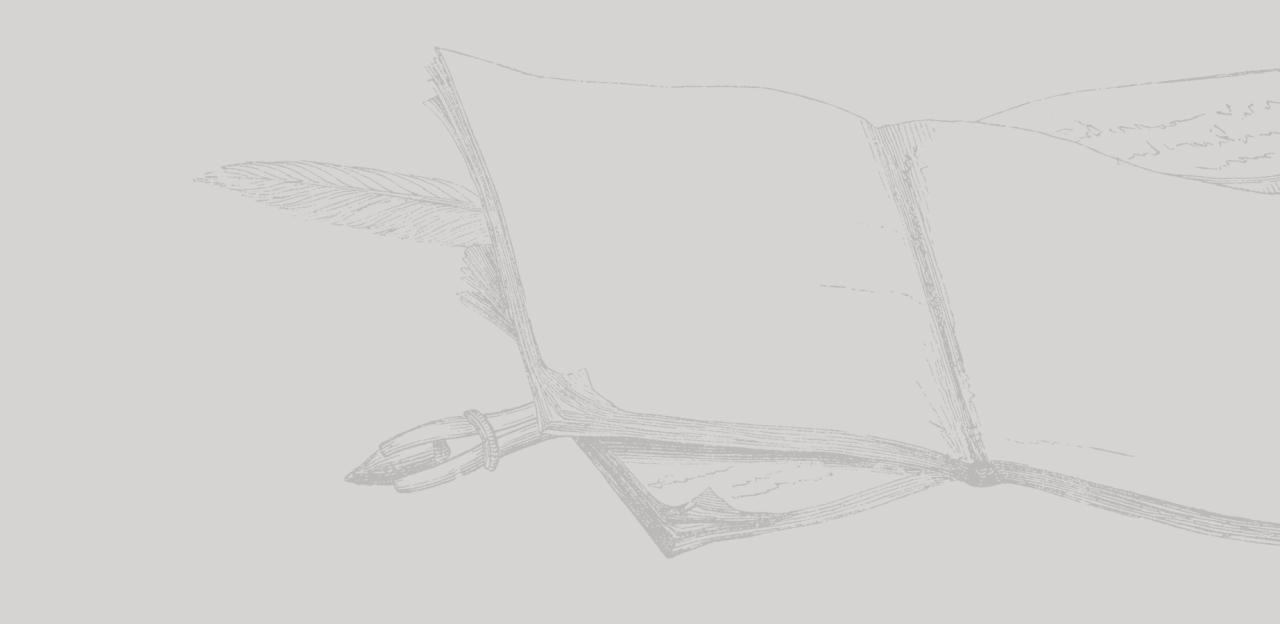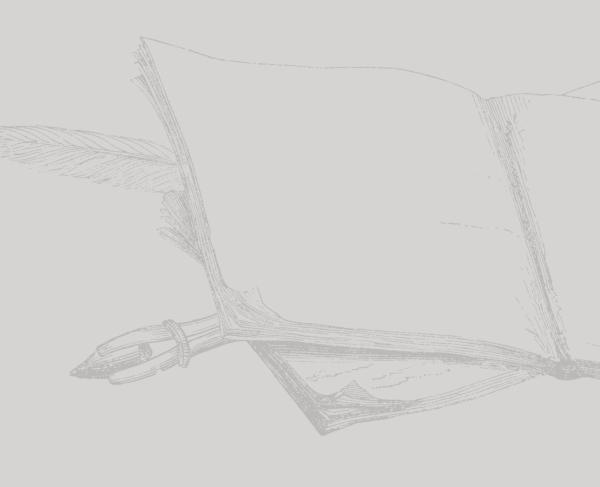1787: "Arrived...to the Federal Convention"

Printed or reprinted news in The Pennsylvania Gazette in mid-May 1787 gives a glimpse into thoughts and reports of the day as the Federal Convention—later known as the Constitutional Convention—assembled in Philadelphia, Pennsylvania. The column includes mention of George Washington's arrival in the city.
PHILADELPHIA, May 16.
Extracts of a letter from Dr. Price, dated London, January 26, 1787, to one of his correspondents in this city.
"The newspapers which you sent me were very acceptable to me; The essays and information they contain have contributed towards gratifying a curiosity which I am always feeling with respect to the affairs of the United States. Your federal government is a point of great difficulty and importance, which...still remains unsettled. I dread the thoughts of such a division of the states into three confederacies. It is a pity that some general controlling power cannot be established, of a sufficient vigor to decide disputes, to regulate commerce, to prevent wars and constitute an union that shall have weight and credit. At present, the power of Congress in Europe is an object of derision rather than respect—at the same time the tumults in New England, the weakness of Congress, the difficulties and sufferings of many of the states, and the knavery of the Rhode-Island legislature, form subjects of triumph in this country. The conclusion is, that you are falling to pieces, and will soon repent your independence. But the hope of the friends of virtue and liberty is (to borrow an expression from your letter) that whereas, the kingdoms of Europe have travelled to tranquility through seas of Blood, the United States are travelling to a degree of tranquility and liberty, that will make them an example to the world, only though less of Blunders. God grant this may prove the truth."
[News notices]
On Sunday evening last arrived in this city, His Excellency General WASHINGTON, one of the Delegates from the State of Virginia to the Federal Convention. His Excellency was met at some distance from and escorted into the city by the Troop of Horse, and his arrival was announced by a Salute from the Train of Artillery, and the ringing of the Bells in Christ Church.
Monday last, being the day appointed for the meeting of the Federal Convention in this City, a number of Gentlemen, Delegates from the States of Pennsylvania, Delaware, Virginia and North Carolina, assembled at the State-House.
The Herveian Society, of Edinburgh, have adjudged their Annual Prize, for 1768, to Mr. BENJAMIN SMITH BARTON, of Philadelphia, for his dissertation. . . .
The Gazette de Sante, published in France by authority, under the sanction of the college of physicians, has lately made public an infallible cure against...disorders commonly called the King's Evil, which has frequently baffled the most skillful of the medical tribe. . . .
Extract of a letter from a gentleman in Rhode-Island to his friend in this city, May 1, 1787.
"This state is likely to be not only in a similar, but if possible a more deplorable situation than it was the year past. Where there have been any alterations among our rulers, those alterations have been for the worse. Our situation for this year will be but one remove from the state of the d-----d." [abbreviation original]
[Obituary]
On Friday, the 4th instant, departed this life, after a long and painful indisposition, which she bore with persevering patience and christian resignation, Miss MARIA LOXLEY, daughter of Captain BENJAMIN LOXLEY, of this city --- Aged 23.
Newspaper panegyric on the deceased, being in all countries by far too common, the writing of this would fondly content himself by simply announcing to the public the death of this amiable young lady, was he not from a principle of disinterested attachment, compelled to the contrary.
Her numerous acquaintance, the physician who attended, and the clergymen who visited her, together with the mourning, bereaved family are ALL witnesses of that singular calmness of mind and composure of soul, which never forsook her from the first of her confinement to the closing scene. --- Her natural sweetness of temper, joined with mental accomplishments, received additional lustre from an early profession of religion, a profession which she adorned by her whole life and conversation. . . .
Washington College, Chester-Town, May 12, 1787.
On Tuesday (May 22d.) will be held the fourth anniversary commencement in Washington College. We hear that there is a large class of Candidates for degrees in the Arts; and that the public exercises, which are upon very interesting subjects, will be opened in the church at Chester-Town, at half an hour past 10 o'clock in the forenoon.
In the evening of the same day, we are further informed that the Graduates will exhibit the tragedy of Gustavus Vasa, the great Deliverer of Sweden from Danish tyranny; a performance replete with the most animating sentiments of liberty, heroism and public spirit. ---
And on the evening following, it is proposed to entertain the public with the exhibition of that beautiful chaste, moral and entertaining Comedy of the celebrated Dr. Goldsmith, called "the Mistakes of a Night."
[Editorial]
Messeurs HALL & SELLERS,
The publication signed John Ewing, in your paper of Wednesday last, is a collection of quibbles, nearly resembling those written some time ago respecting Dr. Nesbet. You remember a certain divine was charged with being the author of a letter, calculated to dissuade the doctor from his purpose of coming to America. He disavowed it in the newspapers, in words resembling those of John Ewing last week, viz. that he neither wrote it, corrected it, nor saw a single sentence of it till it appeared in the papers. Mr. Tod, tho' at the time the friend of bits reverence, in a subsequent publication, acknowledged that the letter was written by him (Mr. Tod) but that it was DICTATED by the divine aforesaid, at the Harp and Crown tavern, over a bowl of punch.
"Let the public known, through your paper," says John Ewing, in his letter to the printers last week, "that I never wrote, nor corrected, nor even saw a single sentence in the piece signed a Pennsylvanian," &c. When I read this paragraph, I was in doubt whether the letter was not intended to vilify some worthy citizen of that name. I made inquiry, and found that it was actually written by a certain John Ewing, and that he really intended, by this equivocal and ill written performance, to insult our understanding. Had he used the word DICTATED, and been a man of truth, we might have believed him; but circumstanced as we now are, even charity itself cannot entertain a favourable opinion of him.
He has substituted the language of an angry bully for solid argument; and the ribaldry of Billingsgate for the cool reasoning of a christian philosopher. In one word, his whole epistle breathes the spirit of the horrible monster, who lately said he would crucify a member of Congress over the State-house door, if that Honorable body refused to pay the interest of the public securities. [signed] JUSTICE.
Source:
"Philadelphia" news column as printed in The Pennsylvania Gazette, May 16, 1787. Page 3. Accessed through Newspapers.com
